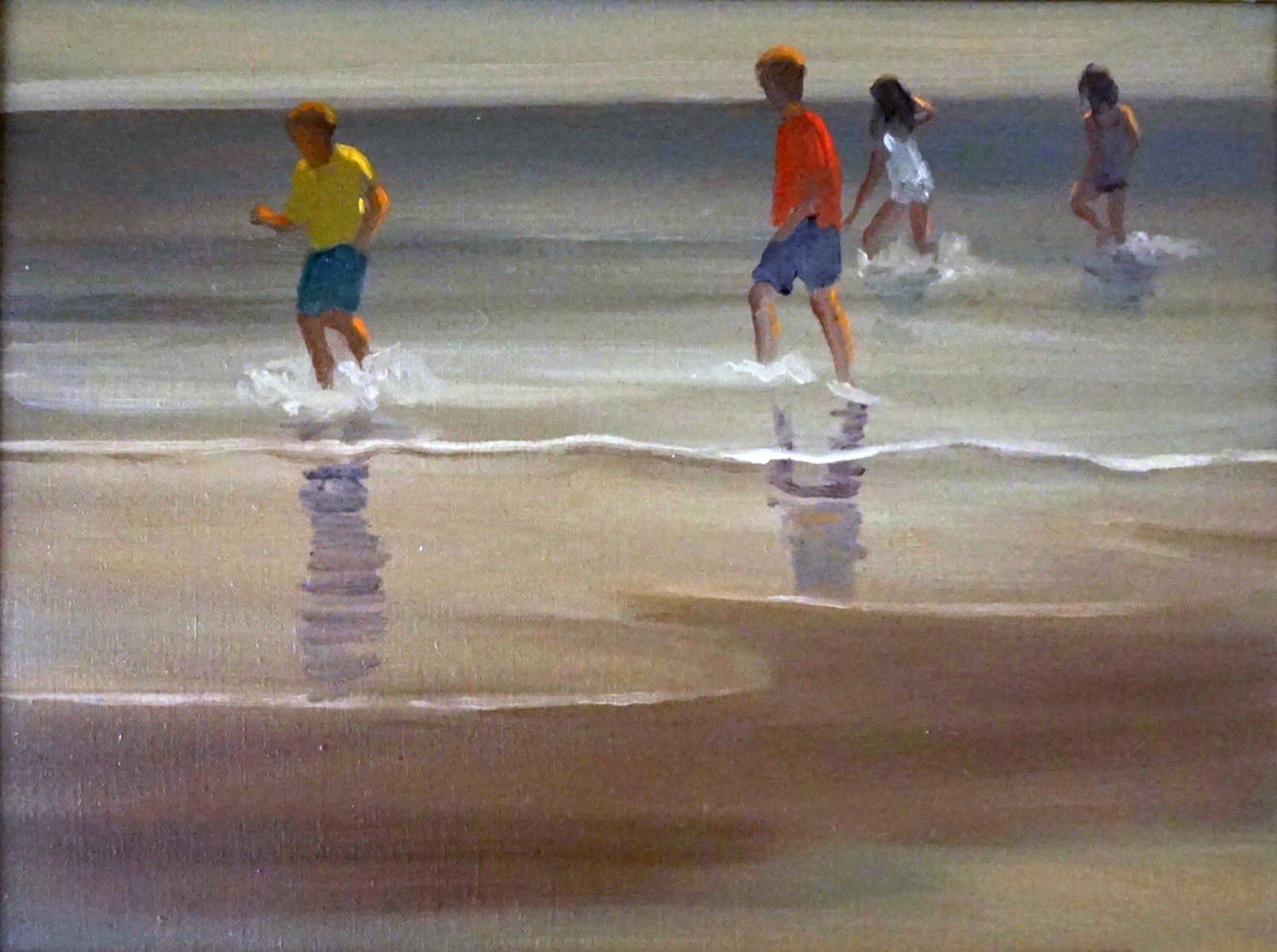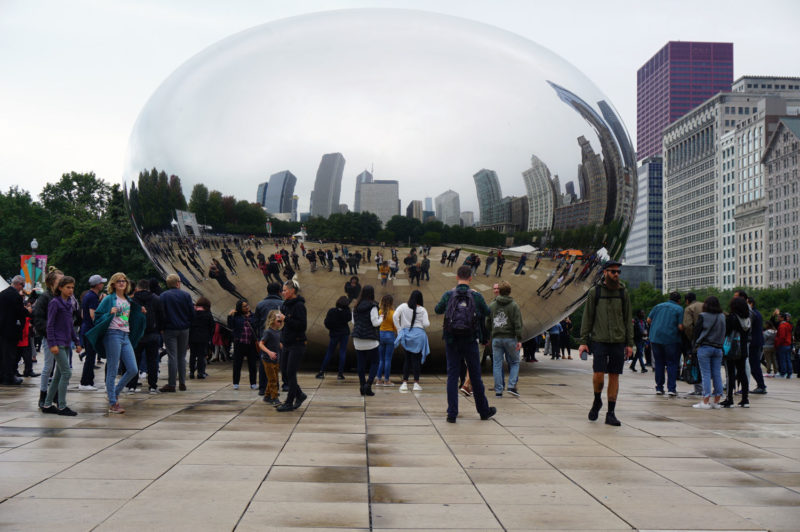Last week, my husband and I decided to abandon city life to last out the coronavirus in Michigan. Our choice was to stay in our condominium, where we couldn’t go out without encountering others in our densely populated vicinity, or repair to a dated but comfortable single-family residence with land around it where we could go outside and get fresh air. Already I had converted to the principle that our first duty to one another is to stay home, become do-it-yourselfers, and stop moving around. Flatten the curve.
So we emptied the fish tank, shut down the apartment, packed up the car. We dispersed voluntarily, preferring to go rather than flee. By leaving Chicago early, we could be sure that we wouldn’t be bringing along this slow-motion but selectively life-threatening disease. Like securing one’s own face mask first before helping others on an oxygen-deprived plane. Seventy minutes later, we were hauling our baggage up the country-house stairs. Despite our arrival being somewhat precipitous, we will likely be here for several months.
Our removal was one drop in the sea-change overtaking society. With accelerating speed, the Virus has emptied shop shelves, cancelled flights, stilled restaurants, closed Opening Day, grounded millions of tourists. Put educations on hold and sucked billions of dollars out of brokerage accounts and more modest pockets. Suddenly, most recreation is dangerous. What used to be good for us (like going to the gym) is life-threatening. Ironically, people of retirement age, those who are the most affluent and freest among us, are the ones most at risk of COVID-19. As we prepare for an event we can’t begin to imagine, an invisible agent approaches, pushing out what was convenient, convivial, and carefree.


Harley says
I’m so worried and scared. My anxiety is extremely high; I’m taking multiple meds trying to help me stay calmer. My wife and I are doing our utmost, trying to limit contact with anyone. We go out to buy food and my meds and supplies. We are pretty well stocked now but still have some holes to fill. Today the President said, “the next eight weeks will be critical and tough.” I wish you all good luck and good health, the wisdom to make wise decisions, and I Pray this scourge will pass soon and our lives can continue to be earthly. Our church choir sang a short religious poem or thought, written many years ago, I suppose. One line struck me, “we are but visitors on this earth.”
Celia says
One of the most remarkable aspects of American culture is its relative silence on the topic of mortality. Yes, it is the subject of some movies, and law-and-order journalism, but death is peripheral to the concerns of most Americans, except as something to manage and put off. No one puts much stock in the state of his or her soul. Our spiritual or higher destiny doesn’t seem to matter. All that matters is self-improvement and staying fit and healthy–cheating the “grim reaper” for the longest possible time. So it is a shock to consider that The Virus could cut our lives short in a number of days.
Alexandra Austin says
This is a nice, gentle piece about a mean, rough virus that has almost instantaneously cut away everyone’s security. It is hard to look around at the quiet streets of my neighborhood and not imagine the risk assessment every pedestrian made before he stepped outside. We are all adventurers now, when we do what only a couple of days ago was unremarkable.
Celia says
Alexandra, Being very sensitive, you have grasped the truth of our situation more clearly than many. The illness the virus engenders is very scary and nasty. Nonetheless, many Americans continue to radiate “cool” and seem downright reluctant to admit their own vulnerability to this freaky disease. President Trump is Exhibit A. Many of our fellow Americans do not want to confront the vicious and merciless character of the danger. It is too at odds with the sanitive picture-perfect vision of American life most of us prefer to subscribe to.
But yes what i am trying to get at is this: everyday life is changing, and, later, it isn’t going to go back to what it was. It sound overly dramatic to say this, but the “happy days” we knew are vanishing, never to return. Those who live will be more locally and family oriented. The authority of the federal government will be diminished for a very long time.